EU eases sanctions on Zim
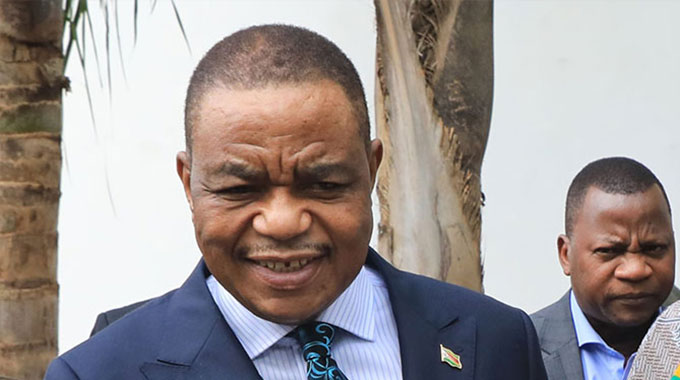
Nduduzo Tshuma, Political Editor
THE Government has commended the European Union for easing sanctions on Zimbabwe after the bloc yesterday removed four individuals from a list of officials banned from visiting Europe but stressed its desire for total removal of the embargo.
The four are Vice President Constantino Chiwenga, Lands, Agriculture, Water and Rural Resettlement Minister Perrance Shiri, ZDF Commander General Philip Valerio Sibanda and former First Lady Mrs Grace Mugabe.
The EU also said it remains ready to support Zimbabwe in the implementation of reforms towards the attainment of Agenda 2030 and offered assistance to the country to boost food security in the face of the drought that has left many food insecure.
The bloc, however, extended sanctions against the Zimbabwe Defence Industries by one year in a development that Zimbabwe, while hailing the headway with the EU through the ongoing dialogue, called for a blanket removal of sanctions against the country.
The Minister of Foreign Affairs and International Trade, Dr Sibusiso Moyo, said the latest easing of sanctions by the EU is a welcome gesture that signals a reciprocal willingness to move forward.
He said Zimbabwe’s emphasis is to move on from what has been a troubled relationship with the European Union and by way of the new political economic course articulated by President Mnangagwa, to forge an effective partnership free from all such historical impediments and baggage.
“We have taken note of European Union’s position with regard to its long-standing sanctions regime against Zimbabwe, and welcome its decision to further ease, albeit only slightly, those measures.
“We view this development as an acknowledgement of progress made in terms of the broad reform agenda we have set ourselves and to which we are fully committed. That reform agenda is a process rather than an event and it will take time to complete,” said Dr Moyo.
“We maintain that these and other sanctions measures imposed against Zimbabwe are unjustified and outdated; that they actually hinder our reform trajectory, and that all such measures should be removed especially at a time when Government is confronted by the daunting consequences of natural disaster and devastating drought.”
He said Zimbabwe is grateful for the support and assistance from the EU to bolster Government’s efforts to ensure food security for all.
Dr Moyo said the Government looks forward to continuing political engagement with the European Union under the recently resumed Article 8 Dialogue Process whose next session is scheduled for June his year.
“As we pursue our policy of re-engagement with all those who, for whatever reason, elected to distance themselves from us, our emphasis extends considerably beyond the political and, increasingly, is focused on the promotion of economic ties and on the identification of mutually beneficial trade and investment opportunities,” he said.
“Together with a number of other Eastern and Southern African countries, we have agreed to negotiate a significant expansion of the existing Economic Partnership Agreement with the European Union, giving ourselves the possibility of considerably enhanced access to lucrative EU markets.”
The EU Council held its 3 747th meeting yesterday where it said the transition in Zimbabwe has opened doors for economic and political reforms which the Second Republic has committed to implement.
“The European Union (EU) remains ready to support these policies, as underlined in the Council Conclusions adopted on 22 January 2018.
“Seizing opportunities for real transformation would facilitate steps towards deeper re-engagement of the EU, based on mutual commitments and shared values in line with the 2030 Agenda, and focused on human rights, democracy, governance and the rule of law,” said the bloc in a statement.
“The EU is engaged on the basis of the Government’s own agenda, in line with the 2013 Constitution of Zimbabwe, as well as the recommendations of both the Motlanthe Commission on post-electoral violence and the Final Report of the EU Electoral Observation Mission to Zimbabwe.
“The EU welcomes the resumption of a formal political dialogue in 2019 as a step towards a more constructive EU-Zimbabwe relationship.”
The EU said in the past year it substantially stepped up its support to the country in the face of food security challenges caused by climate change.
The bloc said it had assisted Zimbabwe in various sectors including economic development, primary health care, resilience building and humanitarian assistance.
“The EU is ready to review the whole range of its policies at any time, when justified, based on developments in the country.
“The EU will seek increased collaboration with international partners, most importantly the African Union, Sadc and its member countries, and international financial institutions, who can play a key role by supporting Zimbabwe in enabling an inclusive dialogue and in accelerating progress in reforms,” said the bloc.

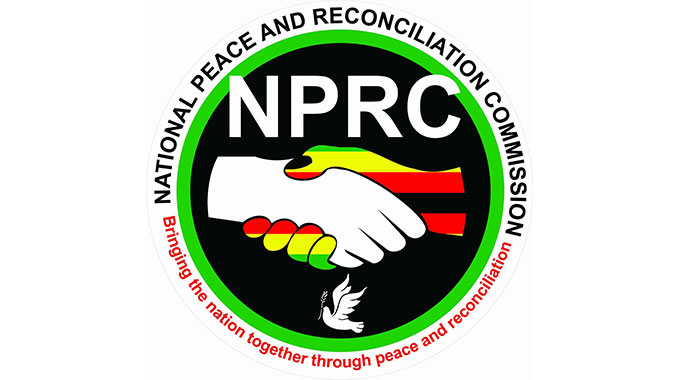
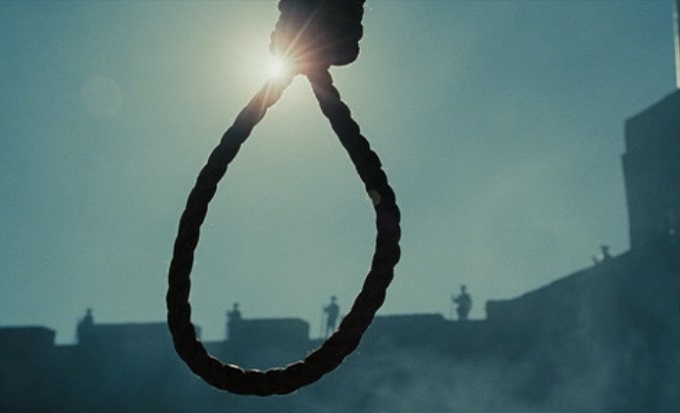

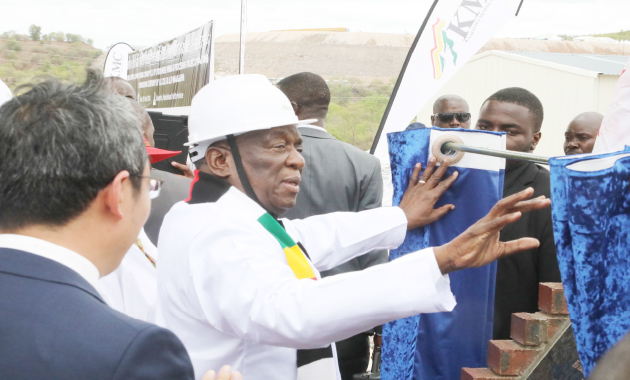
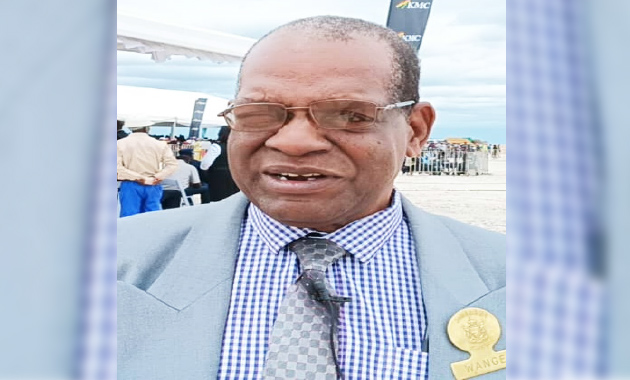






Comments